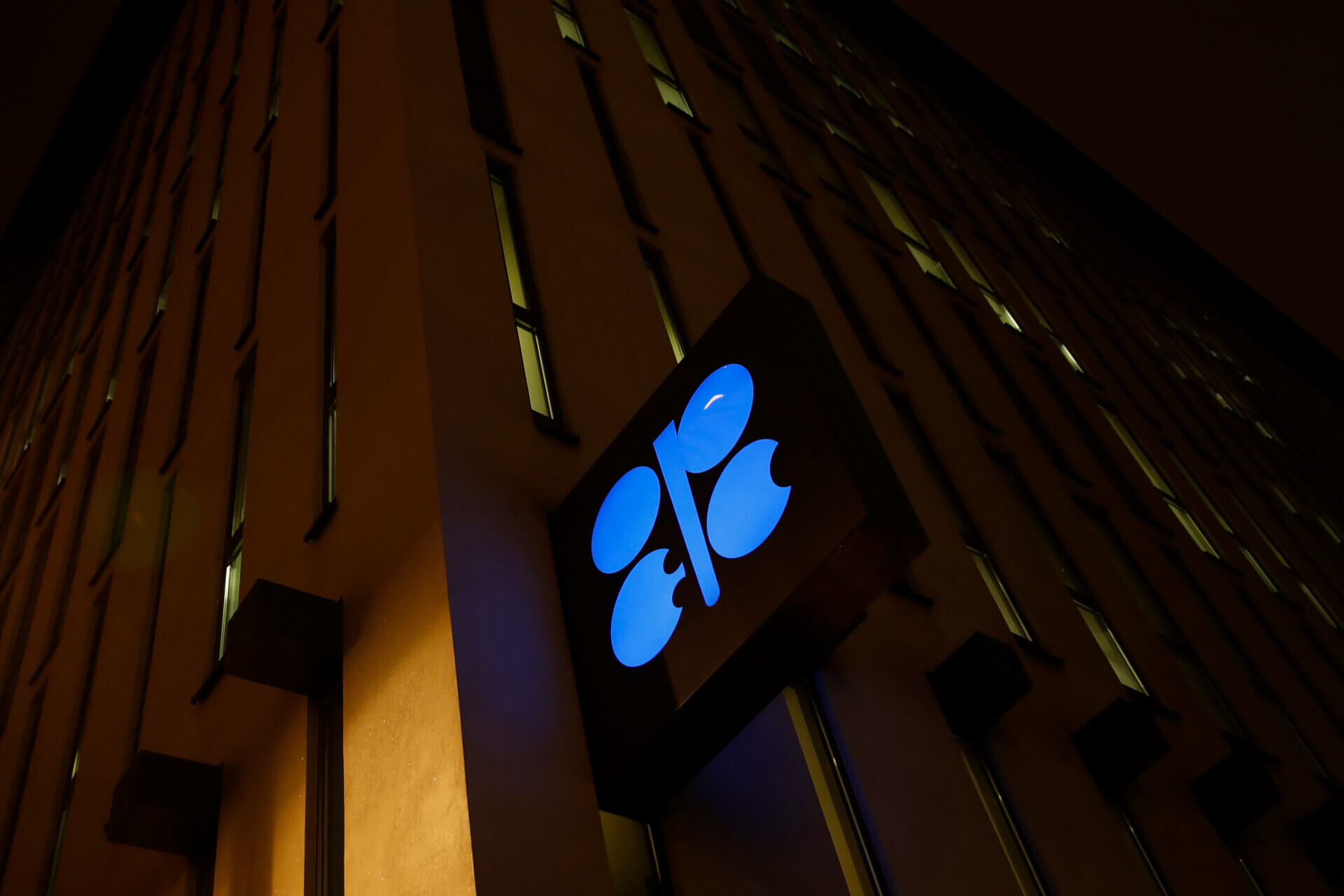The Organization of Petroleum Exporting Countries and the Russia-led bloc, collectively known as OPEC+, called off oil output talks on Monday after failing to reach a deal to boost production as a result of a spat between Saudi Arabia and the United Arab Emirates (UAE) over the extension of oil production cuts.
The UAE has called the plan proposed by the OPEC+ to extend a cap on oil production “unfair.” According to the plan, which Saudi Arabia supports, while OPEC has sought to raise oil production by almost two million barrels per day from August to December 2021, it would also include an extension of curbs on oil output by the end of 2022.
Abu Dhabi stated that an extension of cuts in production beyond the initial deadline of April 2022 would be against its interests. Al Jazeera reported that the UAE claims the market is “in dire need of higher production” of crude oil following a decline in prices last year and reduced production due to the disruptions caused by the COVID-19 pandemic. Emirati Energy and Industry Minister Suhail al-Mazrouei told CNBC on Sunday that while the UAE “unconditionally” supports an OPEC+ supply increase, it is against the extension of output curbs. In this regard, Mazrouei called the OPEC+ plan a bad deal. “We cannot extend the agreement or make a new agreement under the same conditions. We have the sovereign right to negotiate that,” he said.
On the other hand, Saudi Energy Minister Prince Abdulaziz bin-Salman stressed the importance of “compromise and rationality” to overcome the deadlock that has prevented members from reaching a deal. “You have to balance addressing the current market situation with maintaining the ability to react to future developments [...] if everyone wants to raise production, then there has to be an extension,” he said, adding that “the extension is the basis and not a secondary issue.”
Al Jazeera stated that while output cuts have “kept prices from collapsing,” raising production could increase revenues for oil-producing countries, whose economies have been “hit hard” by lower oil prices. However, the agency also noted that “pumping too much too soon could undermine the rebound in energy prices.” Moreover, The Wall Street Journal reported that the failure of OPEC+ to reach a deal has driven up oil prices to a multi-year high. Brent Crude, the international benchmark price, increased by 1% to $76.96 per barrel, the highest since 2018.
The Saudi Arabia-UAE disagreement is a rare instance of the two gulf monarchies engaging in a public rift. However, it is also reflective of Abu Dhabi Crown Prince Mohammed bin-Zayed al-Nahyan asserting the country’s economic and political differences with Saudi Arabia, including Yemen’s civil war, relations with Israel, and ties with Qatar.

